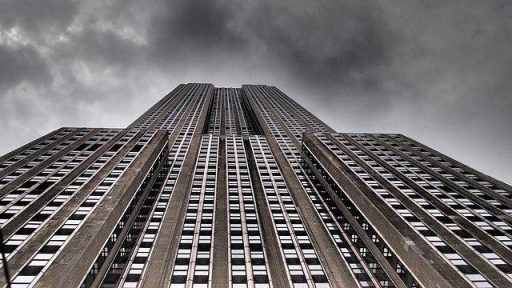- Home
- >
- Daily Accents
- >
- Lehman Brothers ten years later: what could have been done?

Lehman Brothers ten years later: what could have been done?

The bankruptcy of Lehman Brothers, one of the largest investment banks in the world, is the beginning of the financial crisis. The collapse of the financial giant begан the crippling process of debt deflation, caused by a lack of liquidity and confidence in the financial system after the collapse of a huge bubble that spanned the entire economy.
Scott Freidham, who was the chief administrative officer of Lehman when the bank collapsed is categorical: the bank could have been saved and should have been saved.
The reason for the bank not being rescued is that it lacked assets to pledg against credit from the Fed. Scott Freidham, however, explains that the SEC investigation shows that Lehman had no accounting problems, and Lehman had recorded record profits and turnover over the past year. The problem, however, is that Lehman's assets suffered major losses in value after the bubble burst.
The solution to this problem in mid-2008 was to restructure the entire company into a bank holding corporation. This option was denied to Lehman because the administration worried that the rescue plan would be interpreted as saving a bank with taxpayers' money. Lehman Brothers' bankruptcy, however, caused the entire financial system to collapse: and then Goldman Sachs and Morgan Stanley, two other major investment banks, had to be restructured into holding companies to be eligible for the full support of the government.
If Morgan Stanley and Goldman Sachs were not rescued by the Federal Reserve and the US Treasury, the entire financial system would have probably collapsed, and the flow of finances that underpin the economy would grind to a halt. This would be detrimental to the US economy and hence to the world economy. If Lehman's bankruptcy was prevented, however, the financial system would probably not get to the brink of collapse.
Ten years after Lehman Brotherss bankruptcy, the US financial system is visibly stronger. American banks seem to be restored and strong. European banks such as Deutsche Bank and Intesa San Paolo, however, even ten years later appear to be on the brink of collapse.
Source: The Financial Times
Original post: Lehman insider: why the bank could and should have been saved
Photo: pixabay.com
 Varchev Traders
Varchev Traders Read more:
If you think, we can improve that section,
please comment. Your oppinion is imortant for us.











